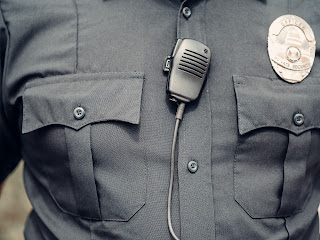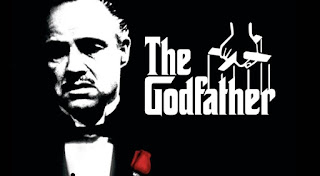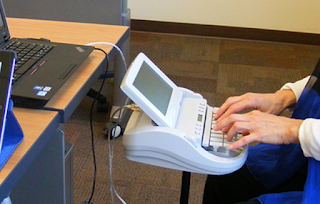In the case of
Metropolitan Group Prop. and Cas. Ins. Co. v. McGinnis, No. 1:19-CV-00927 (M.D. Pa. Aug. 22, 2022 Wilson, J.), the court denied the Plaintiff’s Motion to Dismiss the Defendant’s class action Counterclaim.
According to the Opinion, this matter involved a dispute between the parties over UIM stacking issues.
The Plaintiff is involved in a motor vehicle accident after which he secured the tortfeasor’s liability limits and the limits of a UIM policy that he had purchased. However, the Plaintiff alleged those sums were insufficient to fully compensate him for his injuries.
As such, the Plaintiff then made a claim for additional UIM coverage through two (2) more UIM policies that were issued to his parents, with whom the Plaintiff lived at the time of the incident.
The injured party alleged that, although the insured under the policies at issue had signed a rejection of stacked limits of UIM coverage, the injured party asserted that that document only served to waive intra-policy stacking of UIM benefits, but still allowed for inter-policy stacking of UIM benefits.
The UIM carrier asserted that it had properly denied the injured party’s claim for UIM benefits under the parents’ policy. The UIM carrier filed a Complaint seeking a declaratory judgment that it was not liable on the injured party’s UIM claim.
The injured party filed an Answer along with a class action counterclaim seeking a declaration and compensatory relief on behalf of two (2) subclasses of persons who were injured in a motor vehicle accident as a result of the negligence of an uninsured or an underinsured motorist and who were the named insured or a resident relative insured under an automobile insurance policy issued by the carrier where the carrier had denied a claim by reason of a household exclusion and/or a owned, insured exclusion under the policy.
The issue came before the court by way of a Motion to Dismiss the class action counterclaim filed by the UIM carrier. As noted, the court denied the Motion to Dismiss.
In the court’s decision in this
McGinnis case, it was noted that the decision had been stayed pending the issuance of a decision in the case of
Donovan v. State Farm Mut. Auto. Ins. The Donovan decision issued by the Pennsylvania Supreme Court can be found at 256 A.3d 1145 (Pa. 2021) or by way of a link contained in a Tort Talk blog post found
HERE.
The court in this
McGinnis case noted that the UIM carrier was proceeding, in part, with an argument that the injured party should be precluded from proceeding on a class action claim based on the household exclusion issue. The UIM carrier additionally argued that the injured party was precluded from recovery under the “regular use” exclusion contained in the policy.
The injured party countered with an argument that the UIM carrier should have paid his claim for UIM benefits under his parents’ policy because both Pennsylvania and Third Circuit case law have invalidated the household exclusion. The injured party additionally argued that the policy did not contain a regular use exclusion.
The court here ultimately framed the issue as being whether the injured party could stack his coverage under his own policy with the coverage provided under his parents’ policies.
The court in this
McGinnis case went on to note that the parties in this matter agreed that the parents had executed a stacking waiver consistent with the language of 75 Pa. C.S.A. §1738(d). The court also noted that the Pennsylvania Courts have stated that the stacking waiver only serves to waive intra-policy stacking, but not inter-policy stacking, because there was more than one (1) vehicle covered by the parents’ policy.
Accordingly, the court found that, under Pennsylvania law, the injured party was presumed to be eligible for inter-policy stacking, absent some applicable exclusion.
After reviewing the language of the parents’ policy, the court in this case noted that the carrier conceded that it would not deny coverage on the basis of the household exclusion because that exclusion was viewed as having been invalidated under the
Donovan case.
With regard to the argument raised by the carrier relative to a “regular use” exclusion, the court found that this argument had been waived by the carrier for failing to raise it in its original Brief. As such, the court denied the Motion to Dismiss the class action counterclaim in this regard without prejudice to the carrier’s right to renew its “regular use” exclusion argument at the summary judgment stage.
Anyone wishing to review a copy of this decision may click this
LINK.
I send thanks to Attorney Scott B. Cooper of the Harrisburg, PA law firm of Schmidt Kramer for bringing this case to my attention.




































